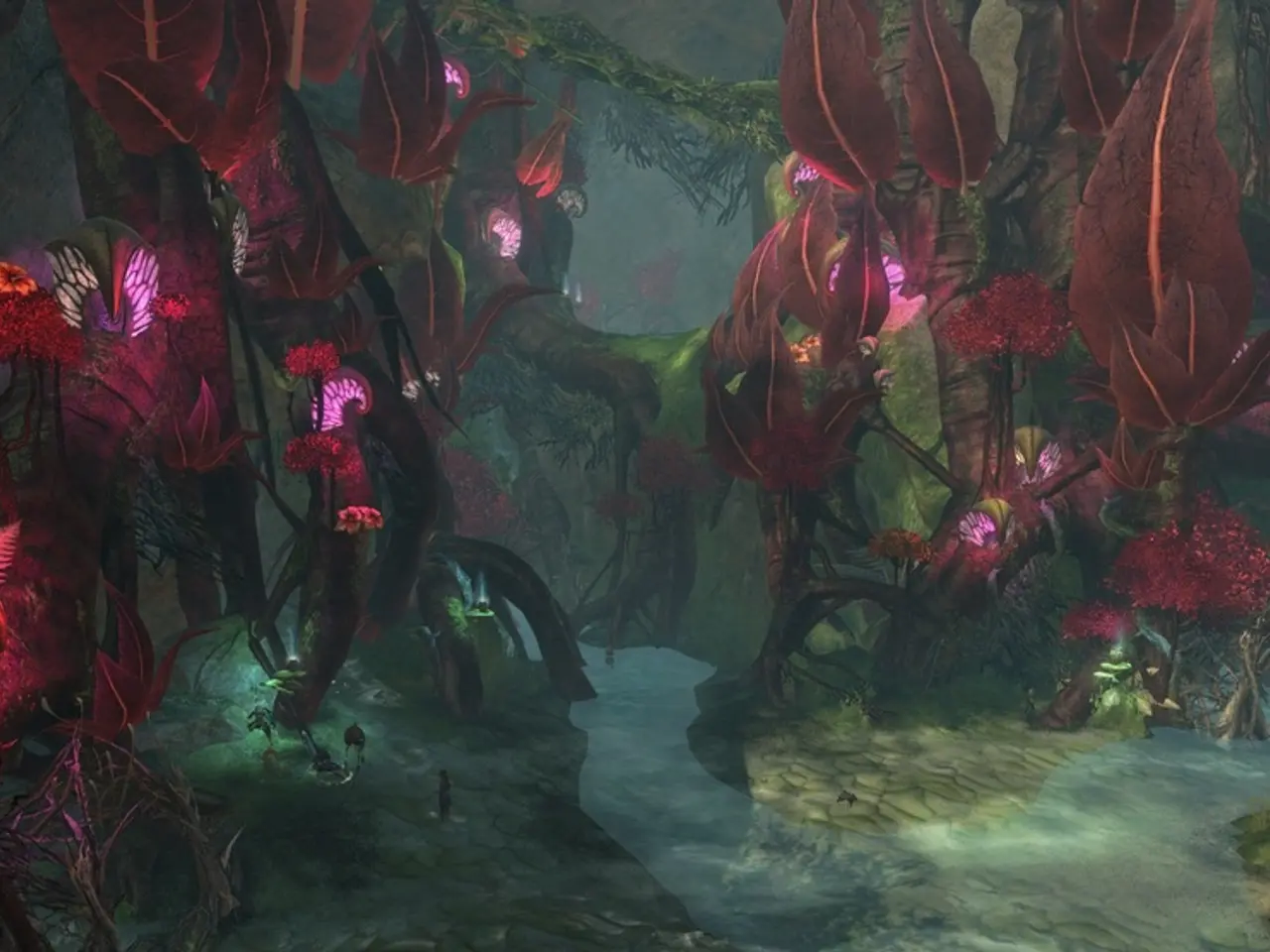Bonsai Water Quality: Significance and Influence on Plant Wellness
In the world of bonsai, water plays a crucial role in maintaining the health and vitality of these miniature trees. The composition of the water used can significantly impact the growth of bonsai, making it essential for enthusiasts to carefully consider the quality of their water.
Water quality is intricately woven into the tapestry of tree health, and for indoor bonsai trees, consistency and ideal conditions are key. The perfect water for bonsai should have a pH level between 6.0 and 7.0, moderate water hardness, and minimal impurities.
Aim for water that is slightly acidic to neutral, around 6.0 to 7.0, as most bonsai species thrive within this range. Extreme alkalinity or acidity can harm root health and nutrient uptake. Similarly, avoid hard water, which contains high mineral (salt) content that can accumulate in the soil, altering its pH and potentially causing nutrient imbalances or salt buildup harmful to roots.
To remove impurities, use rainwater when possible because it is naturally soft and free from chlorine and chloramine. If tap water is used, let it stand for 24 hours to allow chlorine and chloramine to dissipate before watering. This reduces the risk of chemical damage to the tree.
General water quality should also be a concern. Avoid water with contaminants or excess salts. Ensuring good drainage in the pot is essential to prevent root rot caused by soggy soil.
When it comes to watering, only water when the top half-inch of soil is dry, and soak the bonsai pot until bubbles stop, indicating thorough saturation. Over-watering should be avoided to prevent waterlogged soil and root rot.
Morning water may contain more suspended particles than evening water, potentially impacting nutrient availability and absorption. Using rainwater or filtered tap water is recommended to remove impurities that can harm bonsai trees.
Bonsai water quality should be tested every 1-2 weeks to maintain harmony between the tree's needs and the water's properties. Embracing the nuances of pH, hardness, and impurities can help harmonize the symphony of elements, coaxing forth a resilient and thriving bonsai.
Distilled water is not ideal for bonsai trees as it lacks essential minerals and can lead to nutrient deficiencies. Collecting and using dew or fog water for bonsai can be a sustainable option, but proper collection and storage methods should be used to avoid contamination.
By following these best practices, bonsai enthusiasts can create a prime environment for their trees, ensuring healthy growth and a beautiful display of these miniature wonders.
The careful consideration of water quality extends beyond bonsai's leafy canopies, encompassing home-and-garden elements such as gardening soil and container composition. A home-and-garden lifestyle that prioritizes bonsai health would advocate for the use of soft rainwater, free from chlorine and chloramine, to maintain ideal pH levels and minimize mineral buildup in the gardening soil, thereby avoiding nutrient imbalances and root rot.
In the pursuit of creating a prime environment for bonsai trees, it's essential to be mindful of the potential impact of gardening practices on water quality, ensuring a harmonious synergy between lifestyle choices and the needs of these delicate, miniature wonders.




